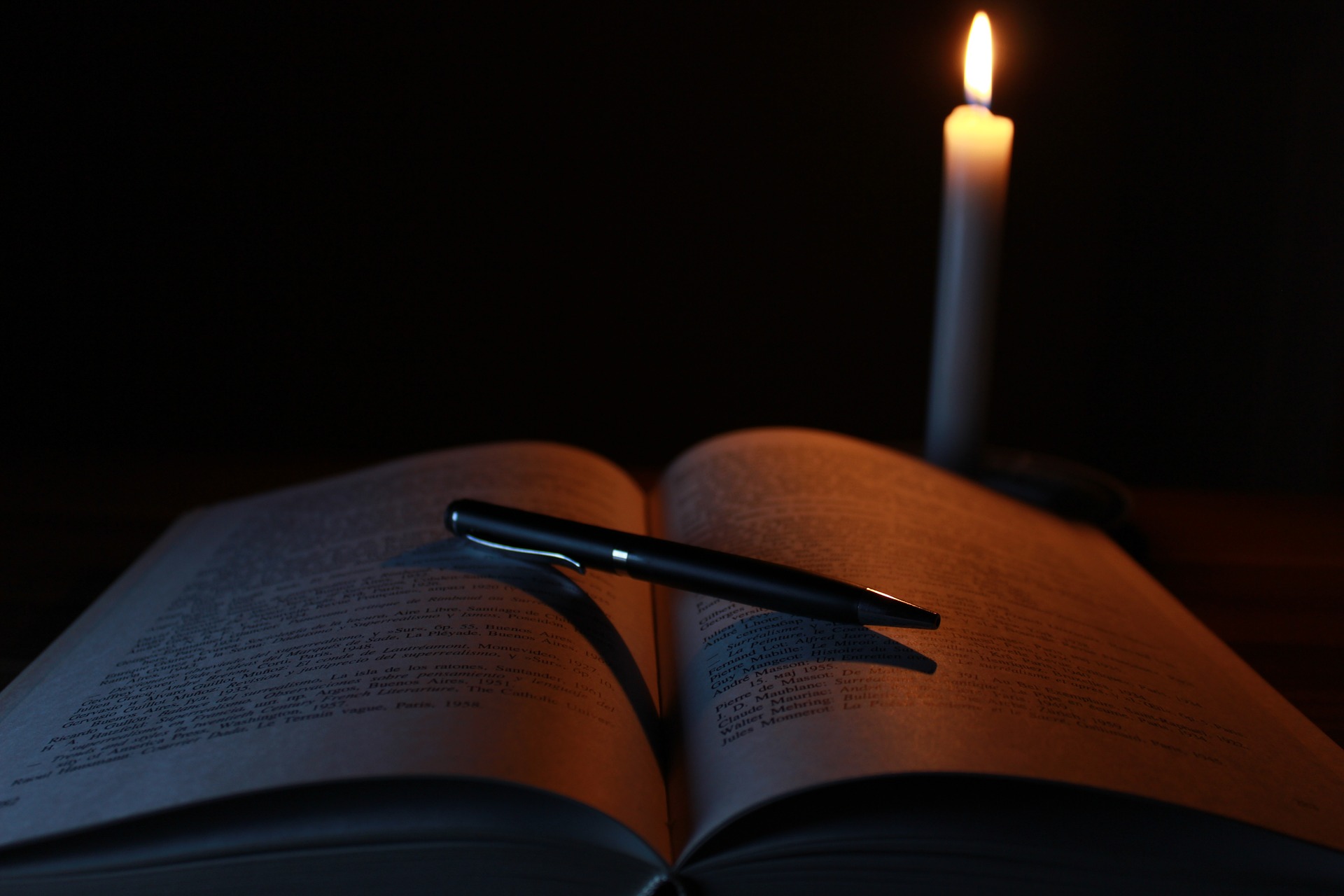 Submitted by Jacob Weiskopfh Ph.D on
Submitted by Jacob Weiskopfh Ph.D on

So here is something I learned wallowing in London Review of Books’ digital archive: Franz Kafka had enough of an interest in Theosophy to visit Rudolf Steiner at his hotel and ask whether to devote his life to study of the occult sciences. Kafka wrote about the meeting in his diary. It’s just like one of his short stories.
In March of 1911, Steiner, who had not yet founded the Anthroposophical Society, delivered a series of lectures in Prague, later published as An Occult Physiology. The date of Kafka’s first diary entry on the lectures, March 26, puts him in the audience for the sixth talk, “The Blood as Manifestation and Instrument of the Human Ego.” Two days later, Kafka met Steiner at the Victoria Hotel on Jungmannstrasse:
In his room I try to show my humility, which I cannot feel, by seeking out a ridiculous place for my hat, I lay it down on a small wooden stand for lacing boots. Table in the middle, I sit facing the window, he on the left side of the table. On the table papers with a few drawings which recall those of the lectures dealing with occult physiology. An issue of the Annalen für Naturphilosophie topped a small pile of the books which seemed to be lying about in other places as well. However, you cannot look around because he keeps trying to hold you with his glance. But if for a moment he does not, then you must watch for the return of his glance. He begins with a few disconnected sentences. So you are Dr Kafka? Have you been interested in theosophy long?
But I push on with my prepared address: I feel that a great part of my being is striving toward theosophy, but at the same time I have the greatest fear of it. That is to say, I am afraid it will result in a new confusion which would be very bad for me, because even my present unhappiness consists only of confusion. This confusion is as follows: My happiness, my abilities, and every possibility of being useful in any way have always been in the literary field. And here I have, to be sure, experienced states (not many) which in my opinion correspond very closely to the clairvoyant states described by you, Herr Doktor, in which I completely dwelt in every idea, but also filled every idea, and in which I not only felt myself at my boundary, but at the boundary of the human in general. Only the calm of enthusiasm, which is probably characteristic of the clairvoyant, was still lacking in those states, even if not completely. I conclude this from the fact that I did not write the best of my works in those states. I cannot now devote myself completely to this literary field, as would be necessary and indeed for various reasons. Aside from my family relationships, I could not live by literature if only, to begin with, because of the slow maturing of my work and its special character; besides, I am prevented also by my health and my character from devoting myself to what is, in the most favourable case, an uncertain life. I have therefore become an official in a social insurance agency. Now these two professions can never be reconciled with one another and admit a common fortune. The smallest good fortune in one becomes a great misfortune in the other. If I have written something good one evening, I am afire the next day in the office and can bring nothing to completion. This back and forth continually becomes worse. Outwardly, I fulfil my duties satisfactorily in the office, not my inner duties, however, and every unfulfilled inner duty becomes a misfortune that never leaves. And to these two never-to-be-reconciled endeavours shall I now add theosophy as a third? Will it not disturb both the others and itself be disturbed by both? Will I, at present already so unhappy a person, be able to carry the three to completion? This is what I have come to ask you, Herr Doktor, for I have a presentiment that if you consider me capable of this, than I can really take it upon myself.
He listened very attentively without apparently looking at me at all, entirely devoted to my words. He nodded from time to time, which he seems to consider an aid to strict concentration. At first a quiet head cold disturbed him, his nose ran, he kept working his handkerchief deep into his nose, one finger at each nostril.
“End of anecdote,” Rosemary Dinnage writes in LRB. “End of report, final comment on Steiner and theosophy,” Kafka biographer Ernst Pawel adds. “Neither is ever mentioned again.” Even so, perhaps there is a little more to the story: several years ago, a traveling Rudolf Steiner exhibition included “a note from Franz Kafka requesting Steiner’s comments about a new manuscript.” And in The Mystical Life of Franz Kafka: Theosophy, Cabala, and the Modern Spiritual Revival, Kafka scholar June Leavitt notes the intriguing possibility that “Rudolf Steiner und Franz Kafka,” an article from a 1951 issue of a German Anthroposophical journal she was unable to get her hands on, might include some information about the meeting from Steiner’s point of view. I would imagine Steiner’s version of the story had a different ending.
Below, the documentary Rudolf Steiner and the Science of Spiritual Realities presents the disciple’s perspective.
- 1041 reads